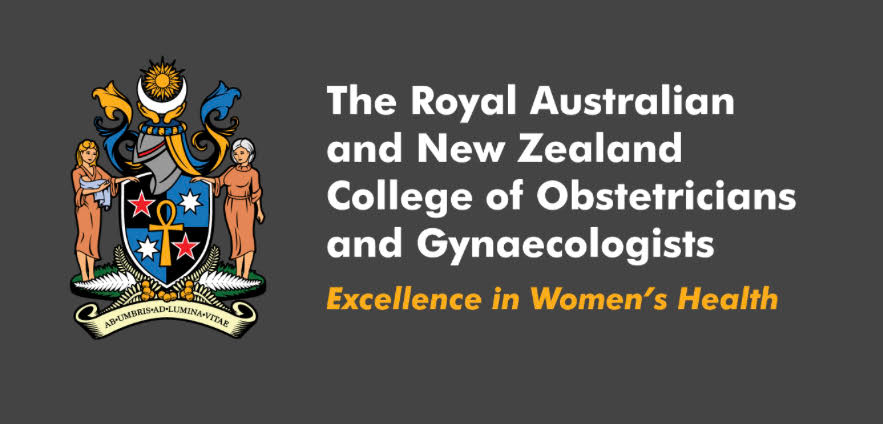

Carrier screening involves screening one or both parents for common genetic conditions.
The Royal Australian and New Zealand College of Obstetricians and Gynaecologists recommend that all pregnant women or women contemplating pregnancy consider carrier screening. The reasoning is that the incidence of common genetic conditions is similar to the incidence of the common chromosomal conditions such as Down’s Syndrome.
The non-invasive prenatal test is an accurate test to screen for chromosomal conditions such as Down Syndrome – see my blog on NIPT.
Carrier screening involves a blood test on parents to see if they are both carriers for the condition in question. The most common conditions are: Cystic Fibrosis (CF), Spinal Muscular Atrophy (SMA) and Fragile X. It is estimated that approximately 1 in 25 of the Australian population are carriers of CF.
An extended test that screens for over 250 conditions is also available. It is more expensive and is not recommended unless there is a family history of a particular condition. If both parents are carriers of a particular gene then the baby has an average risk of 1 in 4 of having the condition.
The only way for diagnosis is via amniocentesis or chorionic villus sampling, both involve passing a needle through the abdomen to sample fluid or placental tissue from the mother.
Carrier screening can ideally be performed prior to pregnancy or early in pregnancy as results can take up to 3 weeks. Costs range from $370.00 – $600.00 depending on whether both parents are screened or if the expanded test is performed. There is no Medicare rebate unless there is a family history of a particular condition.
If both partners are found to carry a particular gene then IVF with pre-implantation genetic diagnosis is also an option as only unaffected embryos would be transferred.




